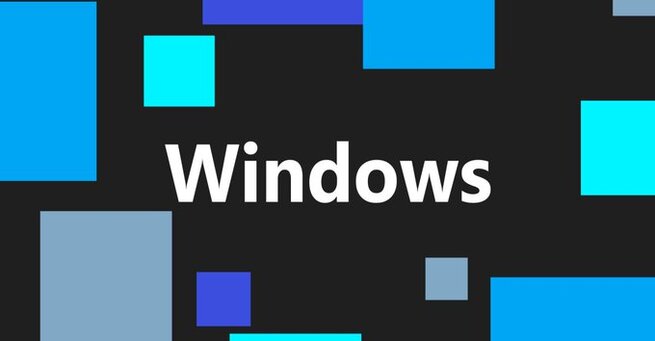

Despite Microsoft pushing Windows 11 as the next big step in PC software, adoption remains slow. Dell reports that around 500 million PCs capable of running Windows 11 are still using Windows 10. This mirrors a broader hesitation among consumers and businesses to move away from the decade-old operating system, even as it reaches its end-of-support phase. Users appear cautious about upgrading, weighing compatibility, cost, and workflow disruptions.
During its Q3 earnings call, Dell COO Jeffrey Clarke revealed that half a billion PCs could switch to Windows 11 but haven’t. He also noted that another 500 million machines are four years old or more and cannot run the latest OS. This presents a dual challenge: convincing capable users to upgrade while guiding owners of older PCs toward new hardware.
The Windows 11 rollout is lagging far behind Windows 10’s transition, which saw rapid adoption after its 2015 release. Experts suggest that Windows 10’s stability, familiarity, and wide application support make users reluctant to jump to Windows 11. Businesses, in particular, are wary of potential software incompatibilities and training costs.
Many users cite concerns about hardware requirements, app compatibility, and the learning curve as reasons for sticking with Windows 10. While Windows 11 offers modernized features, improved security, and a refreshed interface, these benefits may not outweigh the perceived hassle of upgrading. Dell sees this as an opportunity to educate users on the value of transitioning safely.
For enterprises, mass upgrading to Windows 11 requires careful planning. IT departments must ensure business-critical software runs smoothly, security policies are enforced, and staff are trained on the new interface. This cautious approach explains why large numbers of PCs remain on Windows 10, even as official support ends.
Jeffrey Clarke emphasized Dell’s strategy to help customers navigate the upgrade process. From providing hardware capable of running Windows 11 to offering support and migration tools, Dell aims to simplify the transition. The company frames this not just as a software shift but as a broader opportunity to refresh aging PCs.
With around a billion PCs affected, Windows 11 has enormous growth potential if adoption barriers are addressed. Dell’s insights suggest that targeted guidance, clear messaging on benefits, and streamlined migration processes could accelerate the shift. Microsoft and PC makers alike have a critical window to convert hesitant users before Windows 10 becomes a security liability.
𝗦𝗲𝗺𝗮𝘀𝗼𝗰𝗶𝗮𝗹 𝗶𝘀 𝘄𝗵𝗲𝗿𝗲 𝗿𝗲𝗮𝗹 𝗽𝗲𝗼𝗽𝗹𝗲 𝗰𝗼𝗻𝗻𝗲𝗰𝘁, 𝗴𝗿𝗼𝘄, 𝗮𝗻𝗱 𝗯𝗲𝗹𝗼𝗻𝗴. We’re more than just a social platform — from jobs and blogs to events and daily chats, we bring people and ideas together in one simple, meaningful space.

Comments